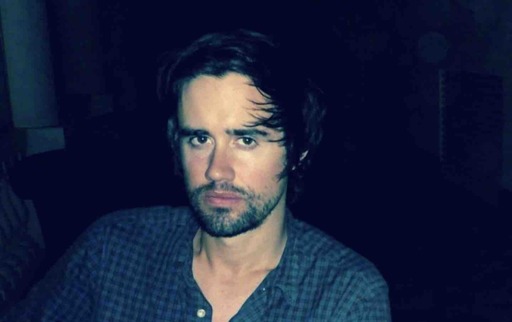There’s a fair amount of publishing inside baseball here, but what stuck out at me was:
DSJ: Your work is mostly concerned with the past and the present, but what kind of futures do you see unfolding for the world?
TM: There was an extraordinary moment of international class coordination in the 1990s and early 2000s. Washington, Beijing, Moscow, and Brussels all agreed—despite their mounting geopolitical tensions—that they wanted their capitalists to get richer, that they no longer faced real threats from their working populations, and that they would help each other in the other great cause of the day, “counterterrorism,” which in practice meant killing and repressing Muslims the world over, whether in Xinjiang, Iraq, or Chechnya. Muslims were the ideal target for fine-tuning the emerging world order because they had no major power base of their own; their wealthiest members in the Gulf had no interest in upsetting the status quo. What is fascinating is how quickly this order broke down. One can point to cracks like the Iraq War, Putin’s 2007 Munich speech, the 2011 Libya intervention, or even further back to the Yugoslav wars, which Beijing and Moscow took to be a grisly preview of coming attractions.
Never genuinely threatened by “terrorism,” untroubled by rebellions of workers at home, the states superintending the 21st-century world economy found their hold on power jeopardized by the very success of the globalized capitalism whose ascendancy they oversaw, as powerful fractions of their ruling classes came to see themselves as unmoored from anything so constrictive as a national interest, however notional. Each state still believed it needed to enrich its elites—that was never in doubt—but there was a question now of which faction of the elite to enrich, and which to cast aside. Major purges were conducted in almost all the major states of the order. The purges were most drastic in China, where Xi in 2020–22 had to prove that the country would resist the liberal script of the business class overpowering the party. Putin conducted his purge more indirectly via the Ukraine war, which neatly separated out his capitalist loyalists from more Western-oriented capitalists in the upper strata around him. Trump, too, has done a purge, to the extent that one even can in the US, where capitalists, to a much greater degree, control the state. Trump had to confine his purge to the US bureaucracy; no major capitalists were threatened or fled the country (though the loyalty oaths extracted from the likes of Zuckerberg made for good television).
The other thing I see emerging is China developing a monopoly on state-backed science, especially climate science—one of Xi’s rumored successors when I was last in China was Chen Jining, the climate scientist who is now the party secretary of Shanghai—while the US will continue to excel in the carnival of recognition and continue to corner the market on identitarian innovation and mimetic desire. This is not a minor form of soft power, though it is one that the US itself barely understands. Meanwhile, the US has so thoroughly financialized itself that it has great difficulty producing basic military hardware, while it commits headlong to a kind of Green New Deal in reverse: the reorganization of its energy infrastructure and capital allocation in order to guarantee wealth transfers to investors in large language models, and to cover the shame of not having developed more socially beneficial innovations.
The last major rearrangement of global fortunes was the Second World War, the best thing—if you hadn’t died in it—that ever happened to American wage earners, and the best thing that ever happened for American technology. It’s doubtful that a war with China would result in a similar uplift, considering not only the obstacles to social mobilization on such a scale but the sheer amount of firepower that could be involved.
That’s bleak, baby!


